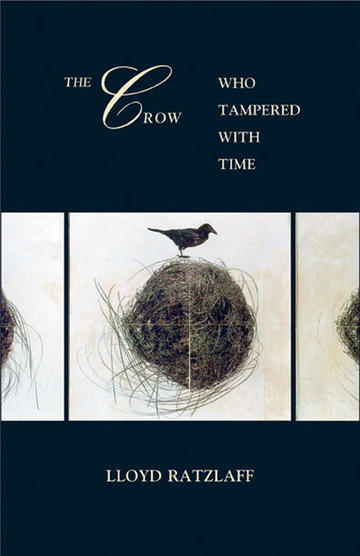The Crow Who Tampered With Time blossoms with essays that find radiance and coherence in a world (both natural and human) which formal religious dogma has forgotten. A visionary humility, and an original, engaging voice make these essays and recollections both accessible and wonder-filled. It begins with Vernon Leo Kuhn "who lived in this world for six months in 1902 and 1903." On his grave grows a chokecherry bush and the cherries hang from it in clusters. "I pondered the untidy leave I had taken of my family's Christian fundamentalism — affirming the leave-taking, but regretting the pain — and I hoped for a sacramental wine to come of my day's endeavour." The story is soaked with the redness of life and is filled with reverence for all life, but especially for the life of a hundred-year-old child forgotten by everyone but this man who will become part of that life, and that life part of him, and in turn part of the "one round mellowness" of the world.In How Not To Scare a Gopher Ratzlaff talks about the difficulty of stopping to meditate: "My mind . . . is a grasshopper vaulting from here to there, lighting on random stalks of memory and prospect and chewing them over, and jumping to the next and to the next, until sometimes the whole doggone field is wasted." "Thank God it's Friday,” starts the essay called "The Crow Who Tampered With Time". "Count it among life's little treasures: regardless of when you go to bed on Friday night, it doesn't matter. Glance at the clock if you like — it only enhances the smugness with which you retire, promises to let you wake up as and when you will, defers to another clock embedded somewhere among the biology you put to rest. Ah, the weekend has begun." And then the crow arrives. . . . This is a book of exquisite imagery, humorous observation, breathtaking honesty and profound insight. The essays pulse with emotional poignancy and the eternal subjects of peace, religion, place or time — are respectfully broached with an intensive humility. In smallness there is greatness, says the Master of Paradox. This "small" book carries within its pages the expansiveness of the Prairie sky — it changes and deepens at each look and introduces a remarkable new talent in the burgeoning field of literary non-fiction, Ratzlaff effortlessly connects with the challenges posed by scepticism and belief, countering both the cynicism and doctrinairism of contemporary life with a renewed praise of the profound depths of the spirit and the natural world.



